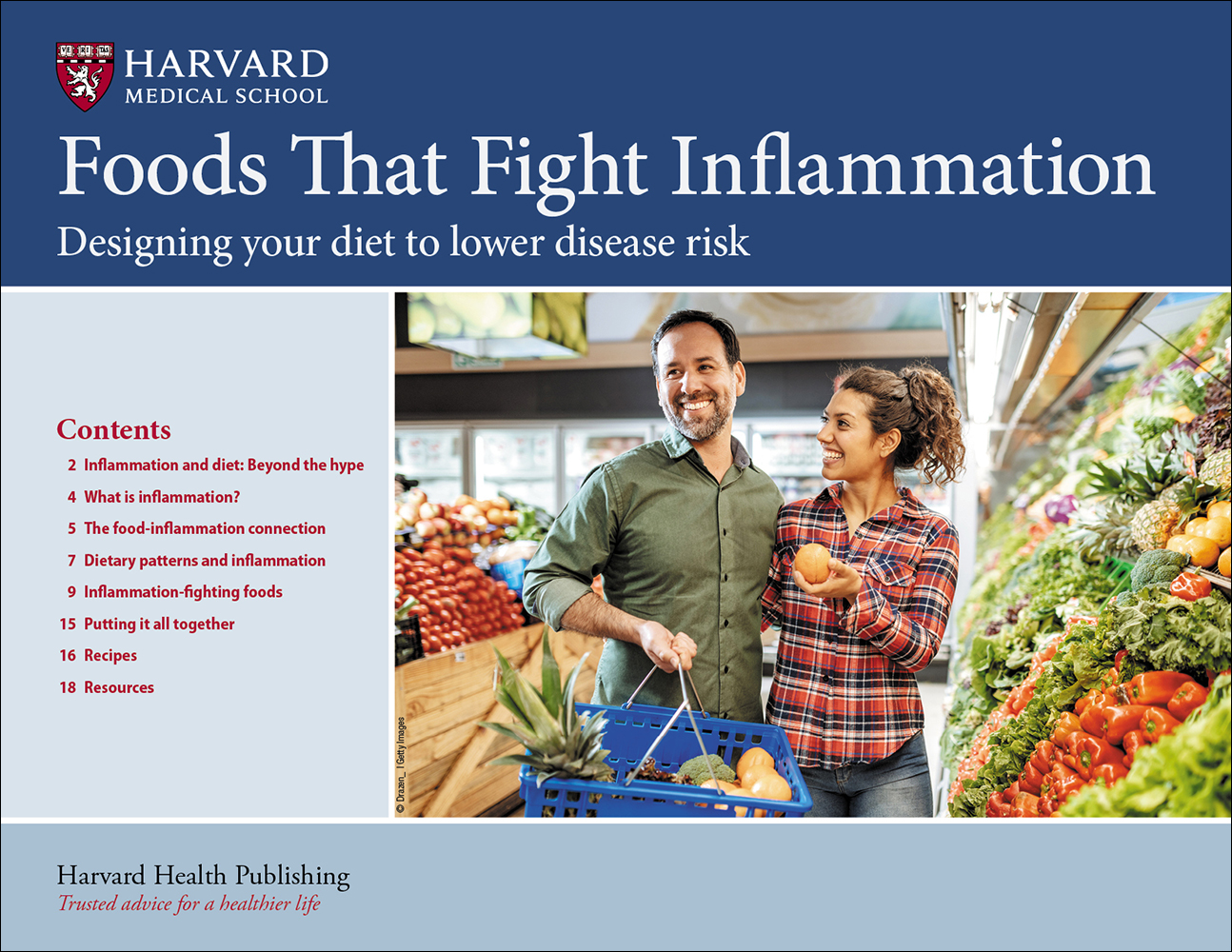Chest pain: Causes other than the heart
Here are the symptoms and clues that help lead to the right diagnosis.
- Reviewed by Toni Golen, MD, Editor in Chief, Harvard Women's Health Watch; Editorial Advisory Board Member, Harvard Health Publishing; Contributor

It's so clich' it's called the Hollywood heart attack: people dramatically clutching their chests and crumbling to the ground. Unlike in the movies, however, many instances of chest pain — especially when it's fleeting — don't involve the heart at all.
More than 6.5 million emergency department visits in the United States each year are due to chest pain, as are nearly four million outpatient clinic visits, according to the American Heart Association. Notably, however, most of these cases are not found to be heart-related.
To be clear, chest discomfort of any kind — whether pain itself or tightness, pressure, squeezing, or burning — should never be ignored. And new chest pain should prompt a call to your doctor. But understanding its many possible causes can calm worst-case-scenario fears and help you find solutions, says Dr. Daniel Sands, a primary care doctor at Harvard-affiliated Beth Israel Deaconess Medical Center.
"It's been drummed into us that chest pain is a danger sign that should make you see a doctor," Dr. Sands says. This remains solid and safe advice. But chest discomfort more often arises for reasons other than the heart.
Lengthy list of causes
For women, cardiac causes account for "only a very small proportion" of chest pain, Dr. Sands notes. This depends, of course, on each woman's specific risk factors for heart disease. And, particularly in women, heart attacks don't always show up with chest pain at all.
"If a 25-year-old woman comes in with chest pain, and she's generally healthy with no prior heart disease, the likelihood she has cardiac disease is infinitesimal," he says. "But if it's a 60-year-old woman who smokes and has high blood pressure, high cholesterol, diabetes, and a family history of heart disease, that person is so likely to have heart disease that I'd send her to the ER right away."
A long list of other conditions — some minor and others deadly serious — can trigger chest pain or discomfort. These include
- gastroesophageal reflux disease (GERD)
- gallstones
- asthma
- anxiety or panic attacks
- ulcers
- COVID
- esophagus spasms
- costochondritis (inflammation of the cartilage connecting the ribs to the breastbone)
- pleurisy (inflammation of the tissue separating the lungs from the chest wall)
- pulmonary embolism (a blood clot in the lung)
- aortic dissection (a rupture of the aortic artery)
- pericarditis (inflammation of the sac surrounding the heart).
Spot the clues
How can you tell if chest pain is most likely not heart-related? Dr. Sands offers these clues:
- It's brief, lasting only a few moments.
- You can climb stairs or exercise without the pain worsening.
- It's triggered by eating, occurring just afterward or only when you eat certain foods.
- It happens only when you move in a certain way, such as bending or stretching.
- It occurs only when you're coughing or breathing deeply.
- It's localized to a small spot, or feels better or worse when you rub the area.
Regardless of how it shows up, any chest pain should prompt you to follow up with your doctor, Dr. Sands says. You may need treatment for another issue.
"Don't panic," he says. "Your doctor can evaluate you to see if something serious is going on and work with you to find a solution to feel better."
Conversely, a heart attack or other catastrophic problem "usually shows up with chest pain that goes on for a long period, not something that just goes away," Dr. Sands says. Watch for chest pain lingering for more than a few minutes; shortness of breath; pain in the jaw, neck, or back; pain in one or both arms; and feeling nauseous, weak, faint, or dizzy. Call 911 or have someone drive you to an emergency room if you experience any of these signs.
But anytime you're not certain why you're having chest pain or where it stems from, "call your doctor immediately," Dr. Sands says. "Sometimes answering a few questions, even over the phone, can determine whether you need to be evaluated or not."
Image: © Povozniuk/Getty Images
About the Author

Maureen Salamon, Executive Editor, Harvard Women's Health Watch
About the Reviewer

Toni Golen, MD, Editor in Chief, Harvard Women's Health Watch; Editorial Advisory Board Member, Harvard Health Publishing; Contributor
Disclaimer:
As a service to our readers, Harvard Health Publishing provides access to our library of archived content. Please note the date of last review or update on all articles.
No content on this site, regardless of date, should ever be used as a substitute for direct medical advice from your doctor or other qualified clinician.
















